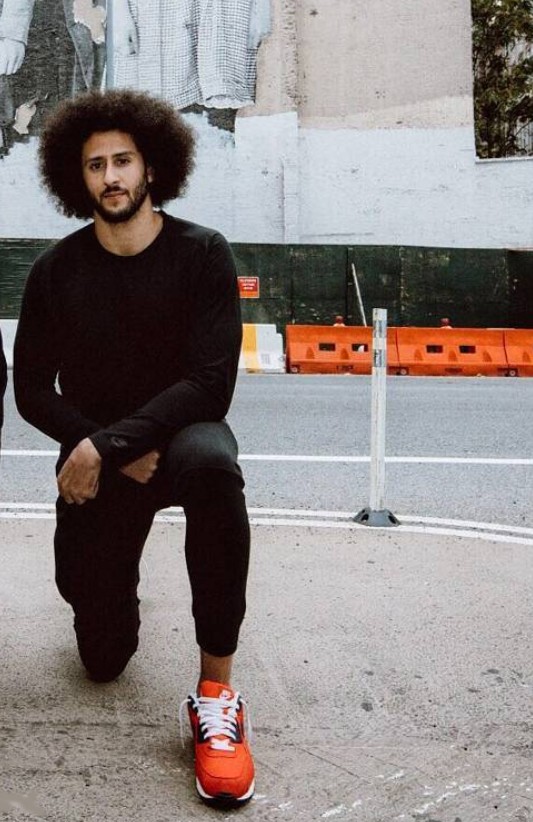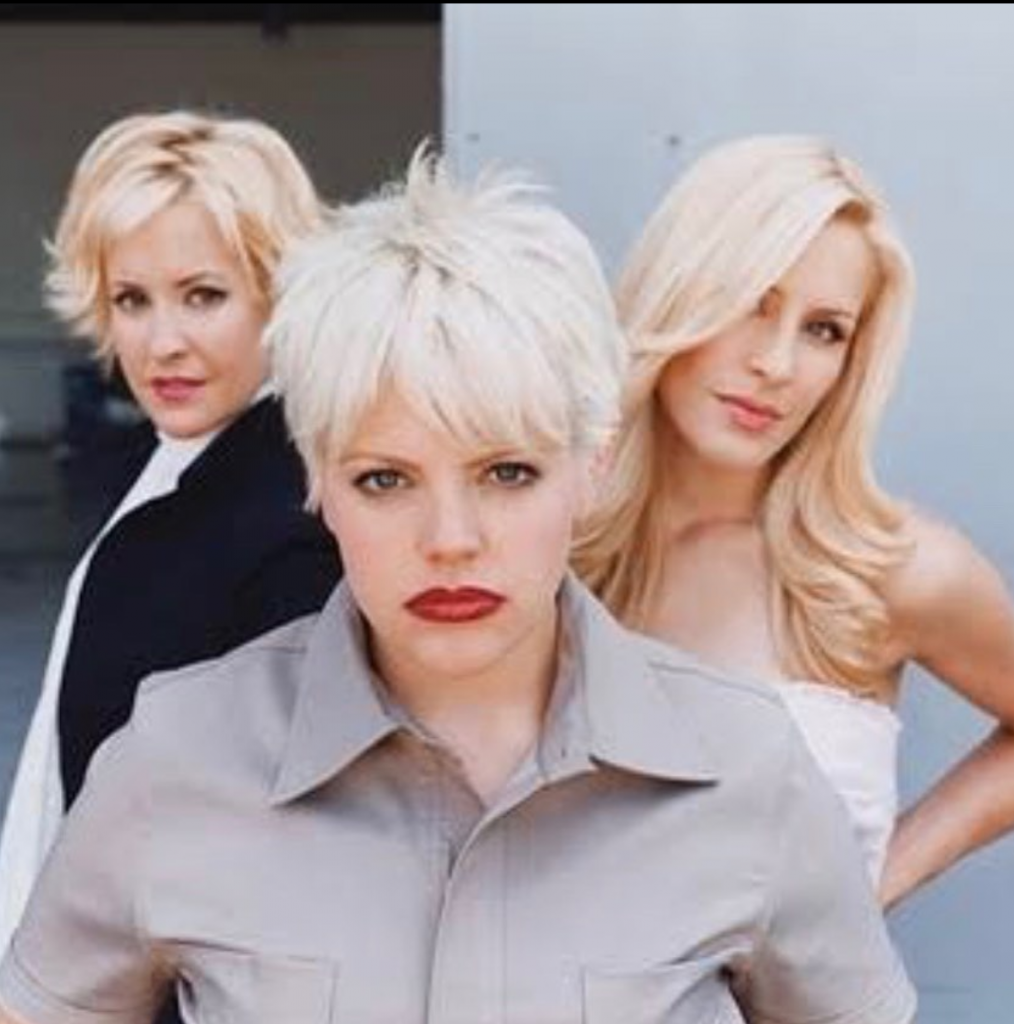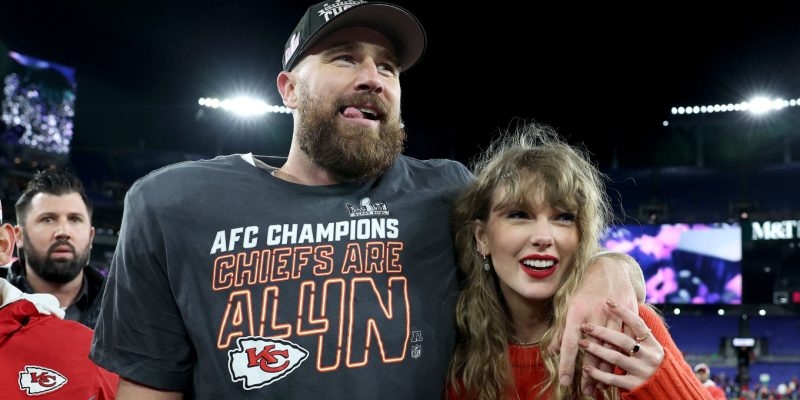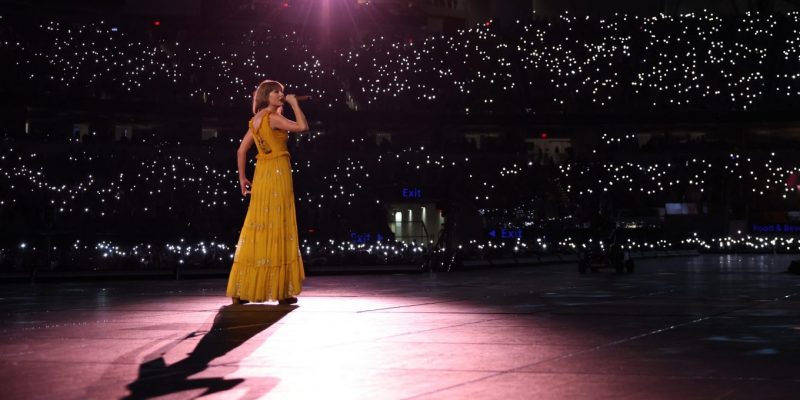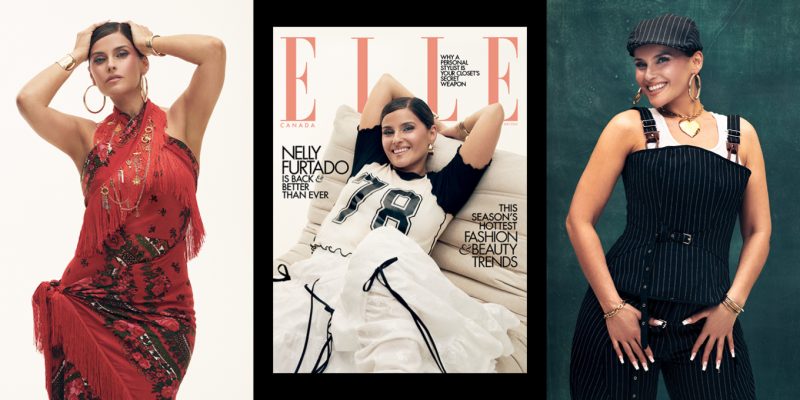Culture
Should Celebrities Be Activists for Social Causes?
Kim Kardashian on prison reform, The Weeknd on Black Lives Matter, Taylor Swift on voter registration, Leo Dicaprio on climate change and more recently, Post Malone on front-line workers. Celebrities are taking the stage for the cause, but do they have a social responsibility to do so?
by : Alicia Lue- Jan 21st, 2021
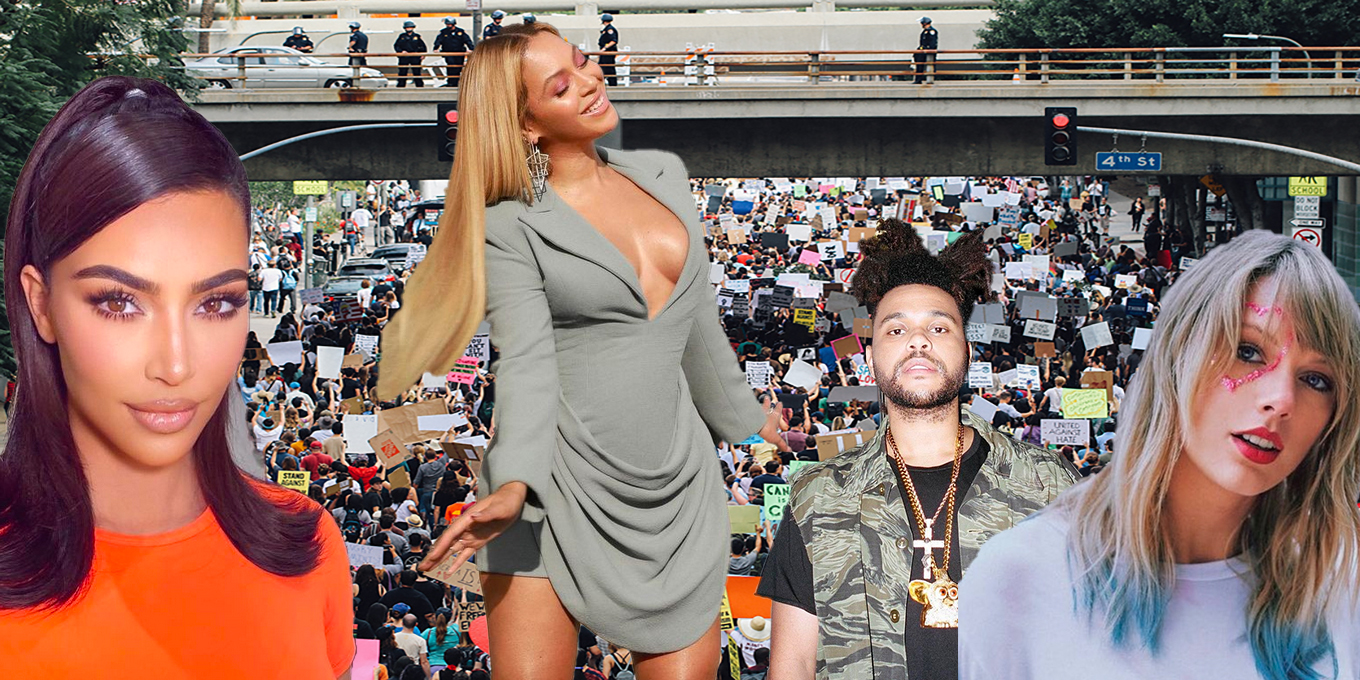
Unsplash (Alex Radelich), Instagram: @kimkardashian @beyonce @theweeknd @taylorswift
Back in the day, we might have flipped through the pages of ELLE or Vogue to see what Sandra Bullock or Madonna has been wearing. We would catch a glimpse of Gwyneth Paltrow’s pretty-in-pink red carpet moment or million-dollar-baby Hilary Swank in her backless blue gown. While celebrities were, and still are mostly aspirational, we looked to them essentially for entertainment. Today, celebrities have taken over our screens – they have a direct and steady line of communication with their audience. Social media has provided socialites with the largest platform to not only peddle their latest projects and pursuits, but to voice their opinions on just about everything. These opinions – and the conversations and worldwide movements they ignite (#MeToo, #BlackLivesMatter and the ice bucket challenge, for example) – influence, to varying degrees, every aspect of life, from what we wear to how we vote. Our consumption of stardom has gone beyond the realm of entertainment and 2020, rocked by social unrest (societal shitstorm seems more appropriate) and a global pandemic, was perhaps the year of celebrity of activism. From criminal justice reform to climate change and police brutality, there was an icon rallying behind the cause dominating our minds and screens alike.
Last October, the social upheaval in Nigeria as a result of mass protests against the Special Anti-Robbery Squad (SARs) – known for carrying out unlawful killings and other egregious crimes against Nigerians for several years – reached a fever pitch when Nigerian military opened fire on protesters. Condemnation of SARs and expressions of solidarity with Nigeria swept across social media as various hashtags, the most widely used being #EndSARs. But some expressions of solidarity did not come quickly enough, prompting a call-out, most notably from Nigerian superstar, Tiwa Savage to Beyoncé. Tiwa’s claim sparked an online debate about whether or not celebrities should be the voice of humanitarian causes and whether they’re the right vehicle to effect change.
One might rightfully argue that given their massive following, celebrities have a responsibility to speak out publicly against social injustice. Take Kim Kardashian West: With a staggering 200 million followers on Instagram – the 6th most followed account on the platform – her advocacy of criminal justice reform did not fall on deaf ears. In fact, her efforts have been instrumental in the cases of at least five formerly incarcerated people, yet her involvement garnered significant criticism. For one, she had to work alongside the Trump administration and to some, that felt like an endorsement.
Another criticism that has persisted despite the significant progress she’s made is that her motives aren’t genuine. Or that there is an ulterior motive. While Kardashian’s public support of prison reform has yielded tangible results, the reality of performative activism cannot be ignored. Furthermore, there have been many activists working in the trenches for years, only for Kardashian to come along and dazzle everyone and get the credit, even if she’s not actually claiming it.
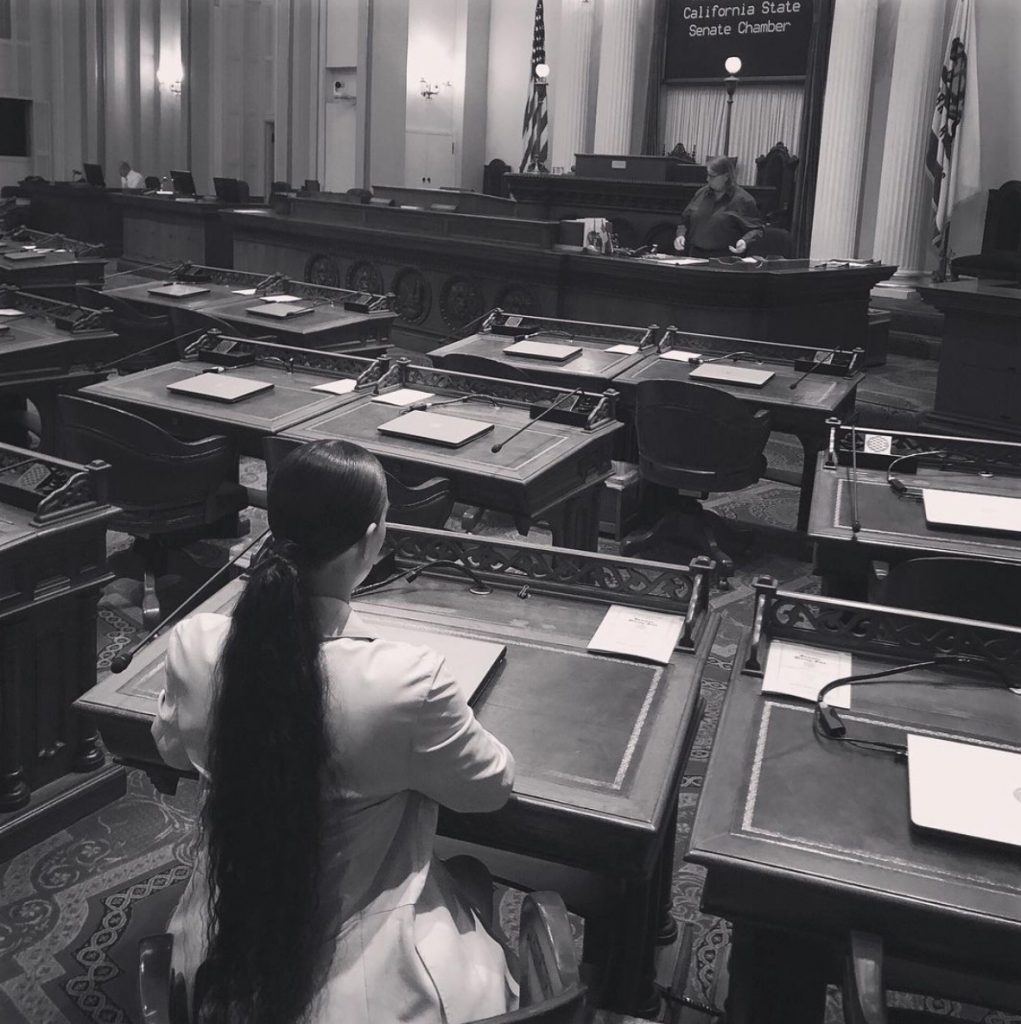 Instagram: @kimkardashian
Instagram: @kimkardashianSome public figures have rushed to support causes (perhaps because they felt pressure to do so) they were misinformed about. Amid the George Floyd protests, former Glee star Lea Michele took to social media in support of #BlackLivesMatter, only to be swiftly called out by former co-star Samantha Ware for her perpetration of microaggressions on set which made her life “a living hell” during the time they worked together. Given their large audiences and their influence, celebrities should certainly be held accountable for disingenuous attempts of activism. It trivializes the very serious causes for which so many activists toil tirelessly, and thanklessly, to advance.
It is important to remember that celebrities are, first and foremost, citizens. And like the rest of us, they are governed by their own values and beliefs. They may choose to support any given social cause, publicly or otherwise. The truth is, however, that social causes are made of very complex issues that unfortunately cannot be solved at the drop of a hat or the post of a tweet. While celebrities’ platforms can help significantly in spreading awareness and mobilizing support, it is the work behind the scenes that matters the most. The year is fresh but as the pandemic rages on and democracy comes under siege, there is a renewed need for powerful voices. In the end, every voice, celebrity or otherwise, counts.
Celebrated or Cancelled for Their Stance on Social Causes
Colin Kaepernick
In 2016, Kaepernick started the ‘take a knee’ movement in protest against police brutality and racial inequality in the U.S. Responses to Kaepernick’s activism on the field was highly polarized. In 2017 he became a free agent who has not been signed to date. (photo credit: Instagram: @kaepernick7)
Natalie Maines
In 2003, Maines of the country band the Chicks (then, the Dixie Chicks) famously criticized then President of the United States, George W. Bush for the planned invasion of Iraq post 9/11. The fallout was swift with country fans boycotting the band. (photo credit: Instagram: @1nataliemaines)
Newsletter
Join our mailing list for the latest and biggest in fashion trends, beauty, culture and celebrity.
Read Next
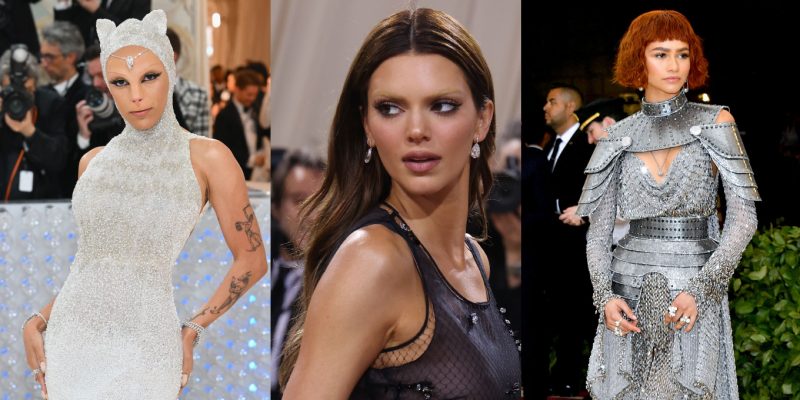
Beauty
The Best Met Gala Beauty Looks Of All Time
From Taylor Swift's 'Bleachella' era to Rihanna's iconic 2011 braids, meet the best beauty moments in Met Gala history.
by : Katie Withington- Apr 26th, 2024
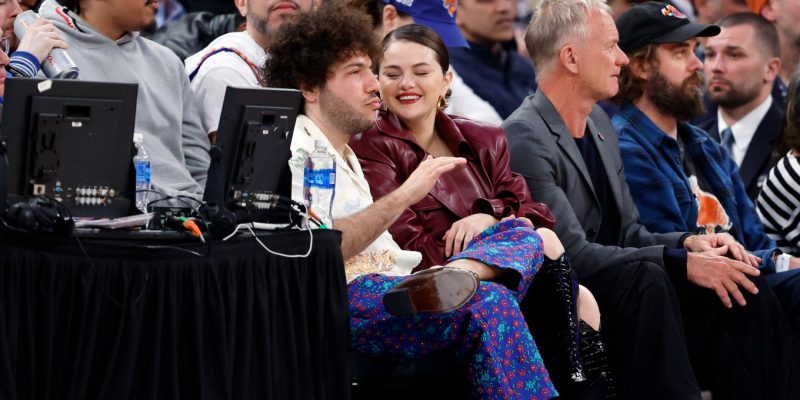
Culture
Benny Blanco Says He Fell in Love With Selena Gomez Without ‘Even Noticing’ It
Allow Benny Blanco to tell the straight-from-a-rom-com story of how he realized his feelings for his girlfriend and longtime friend.
by : Alyssa Bailey- Apr 26th, 2024
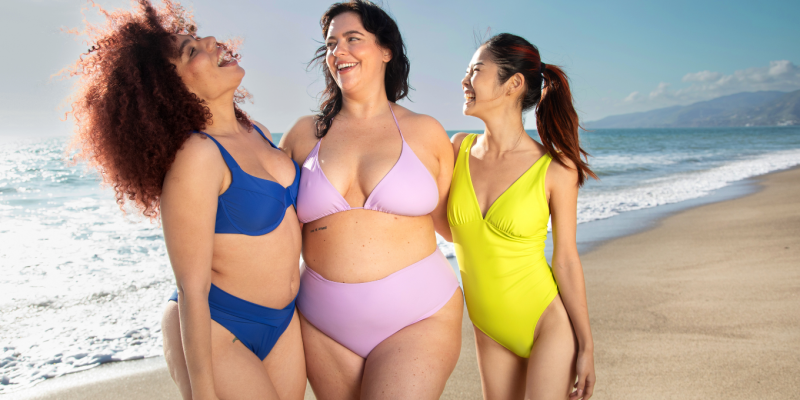
Beauty
Summer Prep: How to Feel Confident in Your Swimsuit
New Size-Inclusive Swimwear: Gillette Venus partners with The Saltwater Collective to Launch a Collection for Any Body
by : ELLE Canada- Apr 24th, 2024

